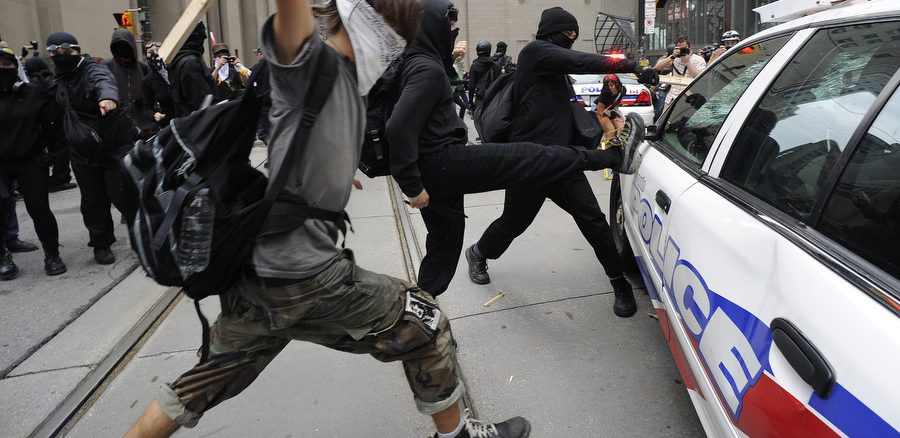
 The Mounties played their roles in full soundness during the Toronto G20 summit which was vitiated by hostility and massive arrests, says Ian McPhail, vice-chair and interim chair of the Commission for Public Complaints Against the RCMP (CPC).
The Mounties played their roles in full soundness during the Toronto G20 summit which was vitiated by hostility and massive arrests, says Ian McPhail, vice-chair and interim chair of the Commission for Public Complaints Against the RCMP (CPC).
The CPC revealed its report Monday in which it states the RCMP did not exploit its authority and power. All the actions by the police department were marked reasonable and fair. The CPC also states that Mounties were well-organized and their placement of security fencing was vindicated.
“As you can appreciate, with thousands of members of the RCMP and other police services coming into Toronto for this event, that co-ordination is vital,” said Ian McPhail. “While we found that on balance it was well done, we certainly found that there was room for improvement.”
However, the RCMP was recommended to improve note-taking and record-keeping. The commission says Mounties should have more accurate control over the criminal intelligence investigations.
“We’re not trying to excuse anyone’s activity, but we go where the evidence takes us,” McPhail said. “And the evidence shows that RCMP involvement in G20 was well planned, it was successful in terms of its objectives.”
On the other hand, the CPC is occupied with investigating another crucial case where allegations of systemic sexual harassment have been made within the RCMP. McPhail says the commission would most likely reveal the investigation report by the end of 2012.
“We’ve retained the services of an outside investigator who is reviewing all RCMP files on harassment issues, whether sexual or otherwise, going back six years,” Mr. McPhail said. “It’s a big job, there is a lot to look at.”

It’s hardly surprising that the legal system would find that its hired goons behaved appropriately; the only question there is why we bother with these investigative charades.
As to objecting but doing it anyway, any soldier (whether directed toward other countries or toward a country’s own citizens) has a positive duty to refuse unlawful orders, not to simply express disapproval while hastening to obey them.
Carrying out an unlawful order is, in itself, a criminal offense (or would be if our judiciary were not corrupt).